Mozambique central bank reduces interest rates - AIM report
Mozambique: Over 500 million meticais channelled to communities between 2005 and 2024
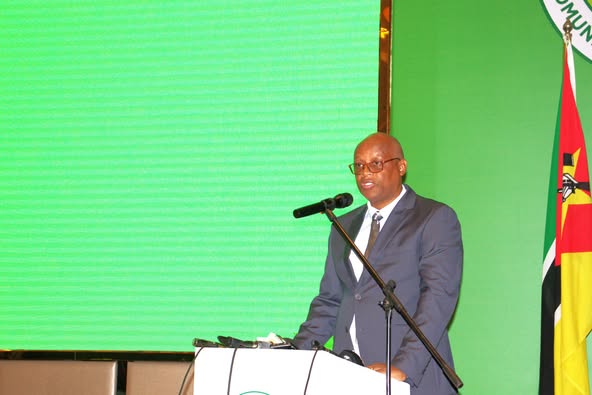
Photo: Biofund
The value of natural resource exploitation fees, especially for forestry and wildlife, has resulted in the channelling of 518 million meticais (8.1 million US dollars, at the current exchange rate) to 1,580 natural resource management committees throughout Mozambique.
According to Gustavo Djedje, Secretary of State for Land and Environment, who was speaking on Wednesday at the opening of the 6th National Conference on Community Management of Natural Resources, a three-day event taking place in Maputo under the motto “Community management contributing to climate change mitigation and local development”, this amount was channelled between 2005 and 2024.
Djedje explained that the amount results from the implementation of the Ministerial Decree, which requires that 20 per cent of natural resource exploitation fees must be channelled to local communities.
“Local communities must actively participate in the management of forest resources, and to this end, the government is working to ensure that communities benefit economically and socially from the rational use of natural resources”, he said.
According to Djedje, the approval of the Forestry Law in 2023 paves the way for active participation of local communities in the management of forest resources.
“It also highlights the State’s responsibility to ensure equal access, use, and sharing of benefits, without discrimination based on gender, ethnicity, or social status”, he said.
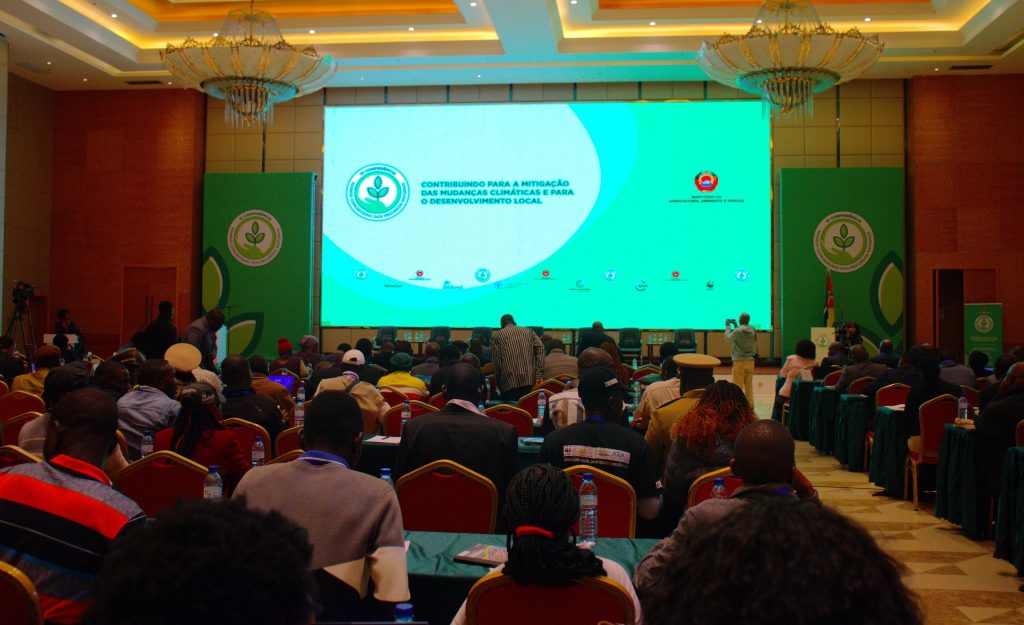
Djedje believes that natural resources contribute to the empowering of local communities, which are now able to launch finished products onto the market.
“If we look at what we have been doing over the years, we notice that we have created conditions for natural resources to actively contribute to the development and growth of our local communities, stimulating the value chain all the way to quality finished products. We already find packaged honey, packaged nuts, packaged coffee produced by our communities, among other products”, he said.
For his part, Daniel Maúla, chairperson of the Network for Community Management of Natural Resources (ReGecom), said that his institution has established community committees based on community governance principles, which enabled “interventions in the landscapes of Magoe National Park, Marromeu National Reserve, Gorongosa National Park, Chimanimani National Park, the Elephant Coast, and the Monte Mabu Forest.”
“Success was only possible thanks to financial support from the World Bank and collaboration with the National Forestry Directorates, the National Land Directorate, and the Conservation Area Administration”, he said.
Maúla revealed that ReGecom has already established 72 community committees based on a community governance model, representing a total of 17,000 households, over an estimated area of 200 hectares.
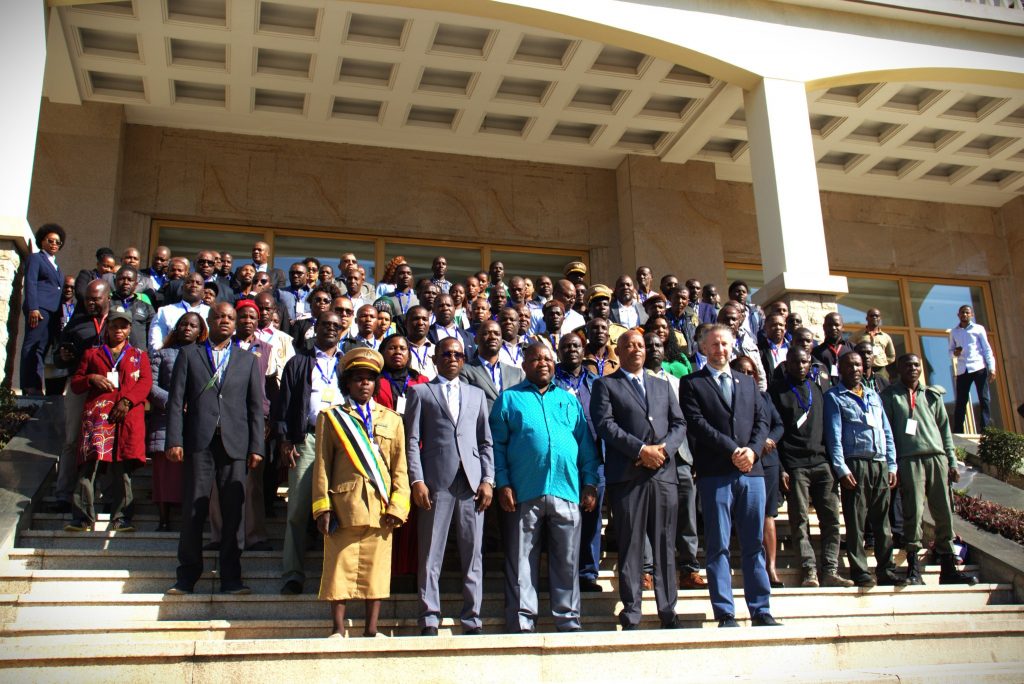



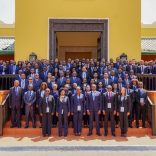

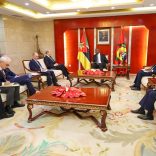
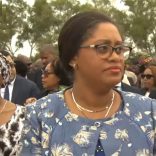





Leave a Reply
Be the First to Comment!
You must be logged in to post a comment.
You must be logged in to post a comment.